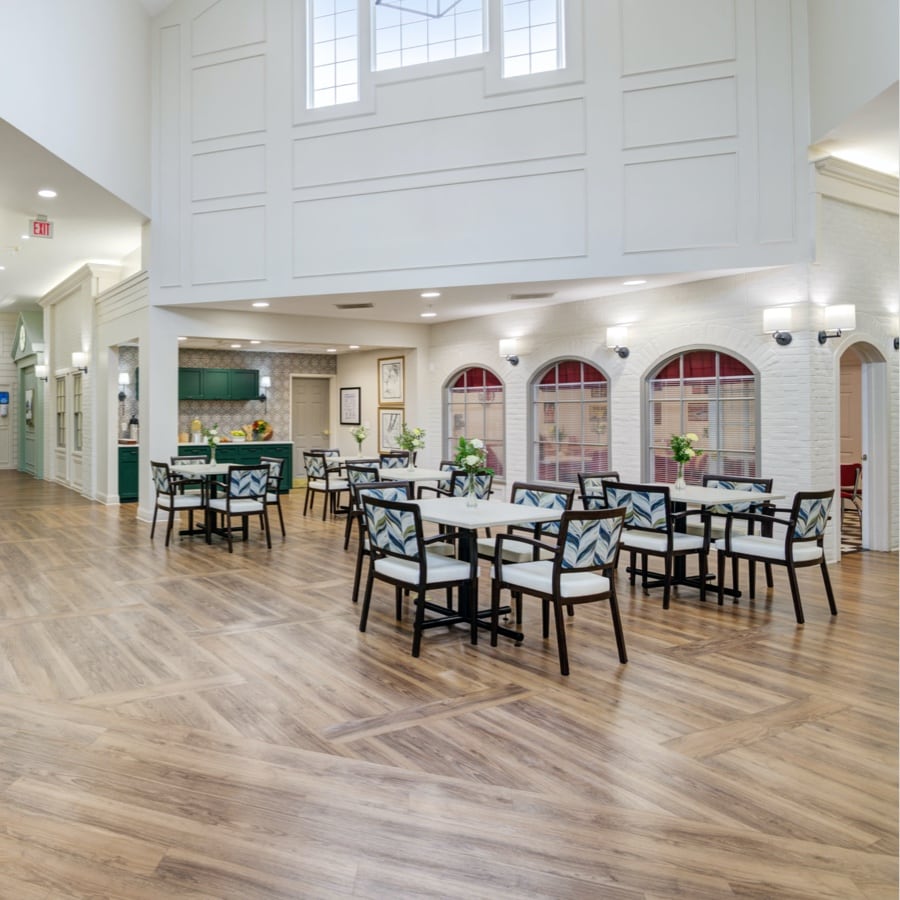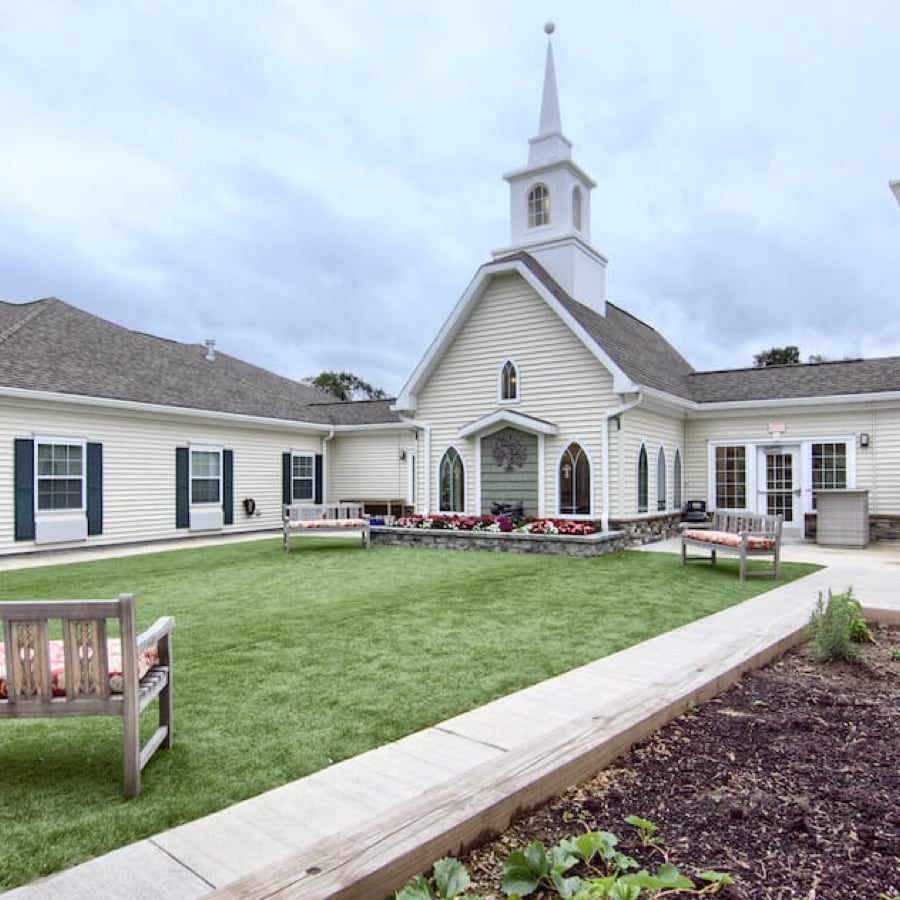Parkinson’s disease is a highly personal journey. While there are a set of symptoms and stages people go through, it can be slightly different for each individual person. The disease does not often progress in a straight line, making it challenging to predict.
Parkinson’s disease typically consists of two main sets of potential symptoms. The first set mainly impacts a person’s ability to move, which leads to motor issues, including tremors and stiffness. The other set includes non-motor symptoms, including pain, loss of smell and dementia.
Knowing all the stages of Parkinson’s disease can help you or a loved one more easily navigate changing symptoms and progressions of the disease.
5 Stages of Parkinson’s Disease
While Parkinson’s disease is fairly difficult to predict, there are some typical patterns of progression that people experience that have been designated into five unique stages. In general, the stages of Parkinson’s disease line up with the severity of symptoms and hindrance on a person’s day-to-day living.
Stage One
This is typically the initial phase of Parkinson’s disease. This early stage only has minor symptoms that don’t usually affect activities associated with daily life. Some common and more noticeable changes include slight tremors on one side of the body, changes in posture and changes to facial expressions. Most often it is family members who notice the subtle changes, and a doctor might prescribe medication to help manage these symptoms.
Stage Two
Once a person’s symptoms move beyond stage one, they are considered moderate. Symptoms are more noticeable and include stiffness, tremors, trembling and changes in facial expressions. Typically during this stage, both sides of the body are impacted and daily living can become slightly more challenging. This progression can take anywhere from months to years.
Stage Three
Stage three is generally when a major turning point occurs in the progression of the disease. Symptoms are similar to stage two, but more severe. They can also include loss of balance and decreased reflexes. Medication combined with occupational therapy is usually required to help patients continue managing activities with some independence.
Stage Four
Once Parkinson’s disease has progressed to this point, maintaining independence is unlikely. Standing without assistance can be a challenge and a walker or assistive device may become necessary.
Stage Five
As the most advanced stage of Parkinson’s disease, people suffering may require a wheelchair or be bedridden. Around the clock support is needed for all activities associated with daily living and it is possible to start experiencing hallucinations and delusions. Another common side effect is dementia, which can make things even more difficult.
Since not everyone experiences the same progression patterns, symptoms or outcomes, it can be very challenging to pinpoint how you or a loved one will handle the disease. Ultimately, understanding the stages, knowing the motor and non-motor symptoms and getting prompt treatment is the best way to improve the overall quality of life.
Around the Clock Support and Understanding at Peregrine Senior Living
There is no way to predict what the future holds. At Peregrine Senior Living, we offer several distinct communities throughout New York and Maryland to support seniors throughout the changes associated with Alzheimer’s disease or dementia. Our unique approach to memory care sets us apart and ensures your loved one gets the amenities, services and around-the-clock support they need to thrive and feel comfortable. We encourage you to contact us today to learn more about our revolutionizing approach to senior living.











